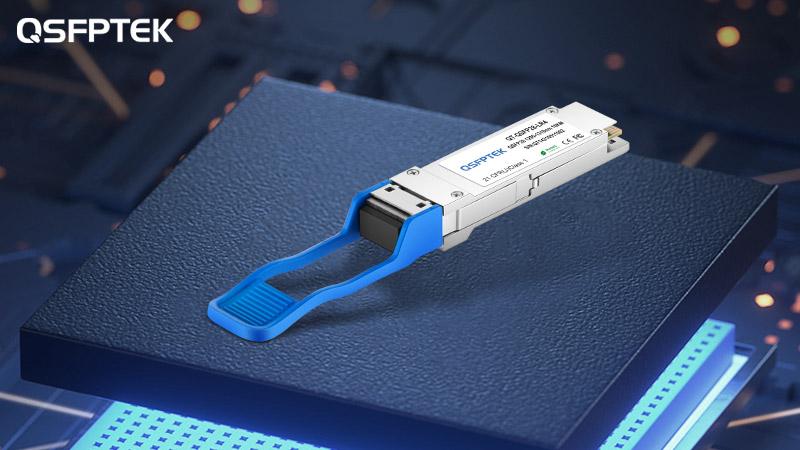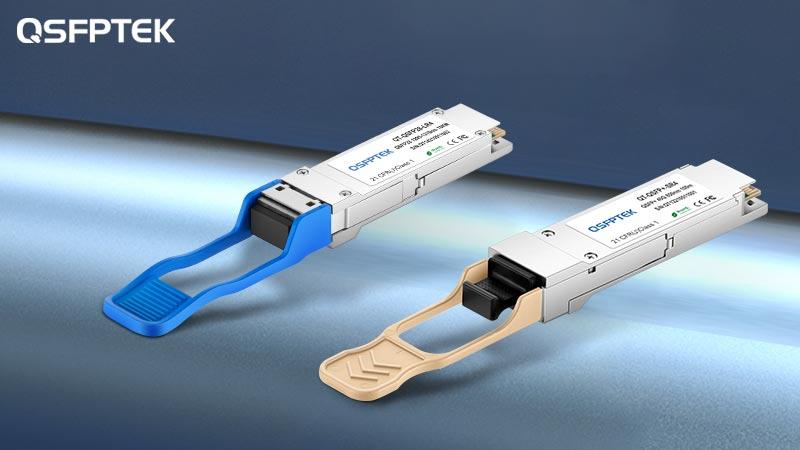The Complete Guide to 40GBASE-LR4 and the Applications of Its Technology

Introduction: What is 40GBASE-LR4?
40GBASE-LR4 is a standard data rate for data transmission. It is an Ethernet standard that defines the physical layer and the media access control (MAC) layer.
The 40GBASE-LR4 standard specifies a data rate of 40 Gbit/s over single-mode fiber optic cable, which is more than 4 times faster than the 10 Gbit/s of the previous generation of Ethernet standards. The standard also specifies 10KM as its maximum length.
The 40GBASE-LR4 standard was developed to reduce power consumption and allow for smaller form factors in equipment such as routers and switches.
40GBASE-LR4 vs. other standards: IEEE 802.3 Spectral Types
40GBASE-LR4 is an Ethernet standard that has a bandwidth of 40 Gbit/s. It is also the first Gigabit Ethernet standard to use the Long Reach (LR) 4 mode of transmission.
This standard was designed to overcome the limitations associated with IEEE 802.3 Spectral Types. The bandwidth offered by these standards is not sufficient for many applications, and they are also limited by the available spectrum. 40GBASE-LR4 is an upgrade from 10GBASE-SR10 and 10GBASE-ER10, which have a maximum reach of 100 meters and 10 kilometers respectively. The 40GBASE-LR4 standard can transmit data over distances up to 10 kilometers and uses a wavelength of 1310 nm on single-mode fiber optic cables.
40GBASE-LR4 is the latest standard in Ethernet which was introduced in 2017. It has a maximum bandwidth of 40Gb/s and uses the lower frequency spectrum of light.
The IEEE 802.3 Spectral Types are different types of light, each with its own bandwidth. The most common types are:
Infrared: 3 to 300 THz
Visible Light: 400 to 700 THz
Ultraviolet Light: 300 to 400 THz
Applications of 40GBASE-LR4 Technology in Networking
The 40GBASE-LR4 technology is the latest in high data rates and high-speed networking. It is a very popular technology in the networking industry, and it will only continue to grow as time goes on. This paper will cover the applications of this new and innovative technology, as well as how it compares to other technologies.
The 40GBASE-LR4 technology is a new and innovative way of transmitting data from one point to another, which can help with high data rates and high-speed networking. The paper will discuss how this new technology works and what its advantages are over other technologies. The 40GBASE-LR4 is a new standard for high-speed data rates and it is developed to improve the performance of long-distance networks. It has been designed to provide a way to increase the data rates of long-distance networks by using low power consumption, which will be beneficial for many applications.

Conclusion
This article introduces the 40GBASE-LR4, as well as its functions, applications, and current developments. Through this article you will have a better understanding of the 40GBASE-LR4, if you still want to know more about the 40GBASE-LR4, please contact QSFPTEK’s customer service via sales@qsfptek.com. QSFPTEK provides good quality optical modules such as 40GBASE-LR4 and 40GBASE-SR4 at a good price.






